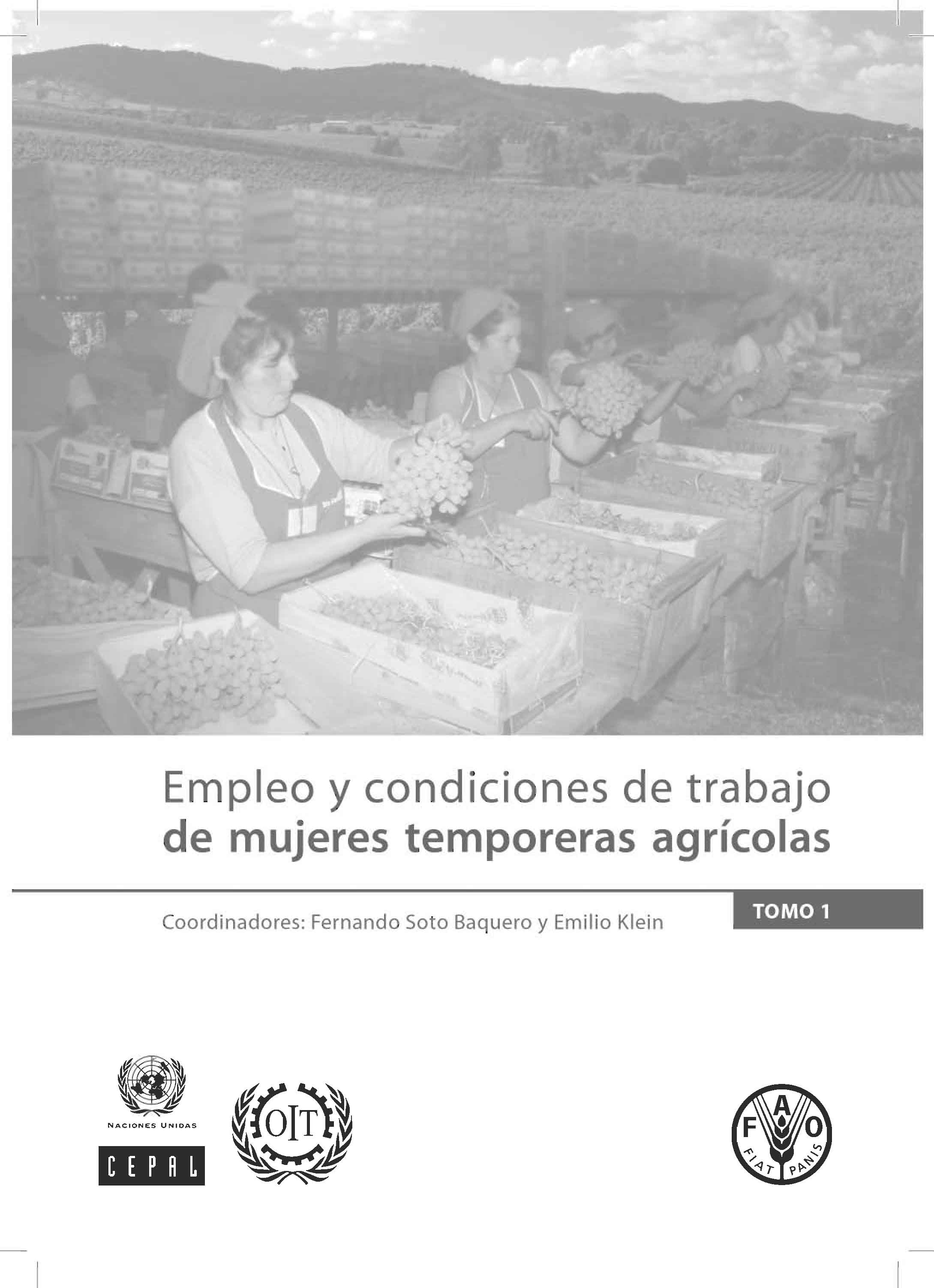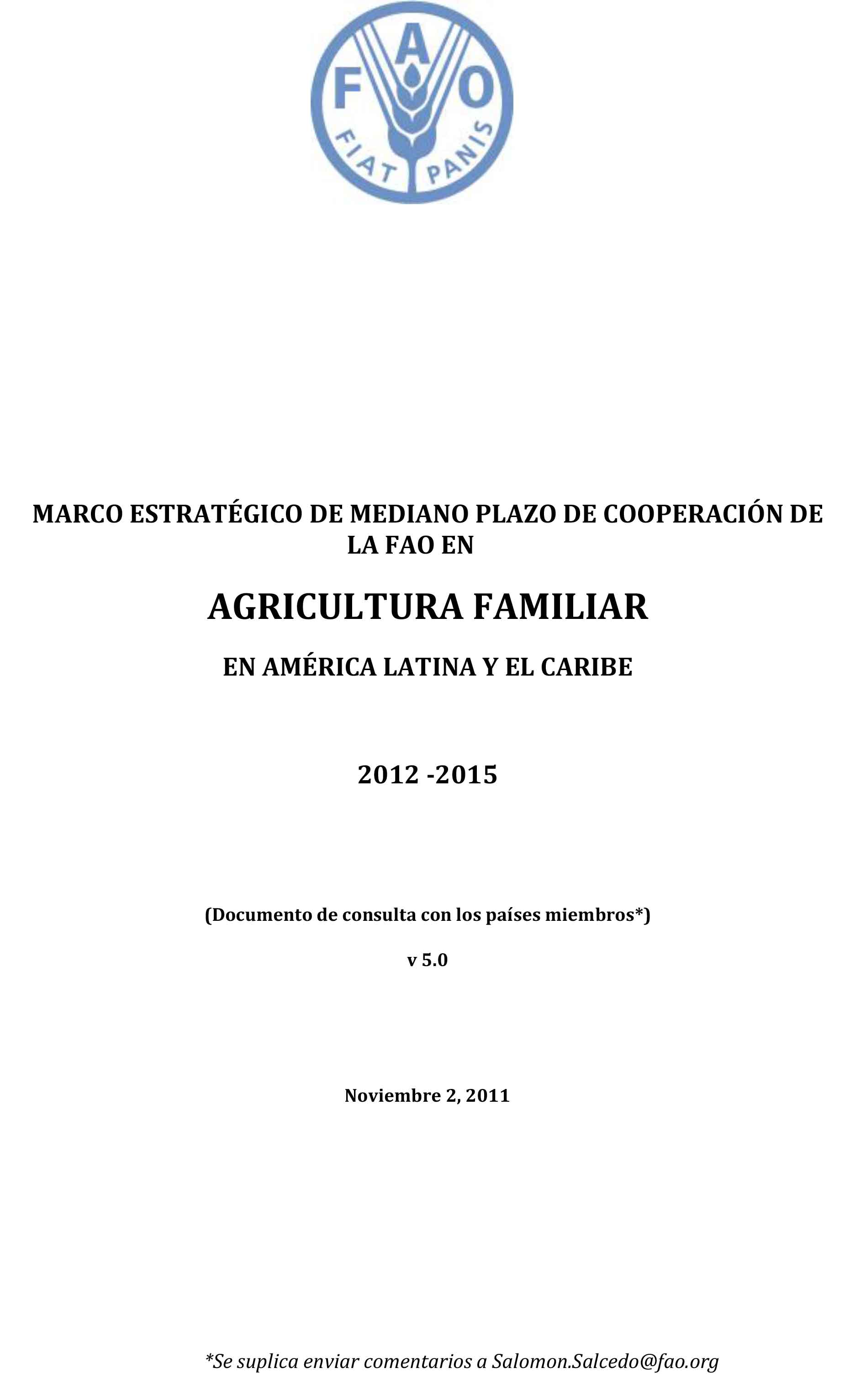Does case crop adoption detract from childcare provision? Evidence from rural Nepal
Reduction of rural poverty is one of the greatest challenges the Government of Nepal faces. Since most of the country’s agricultural production is semi-subsistence-oriented, increased commercialization of this rural-based economy is essential for poverty reduction and economic growth. Consequently, farm output diversification and productivity improvements are high-priority areas for the government.











